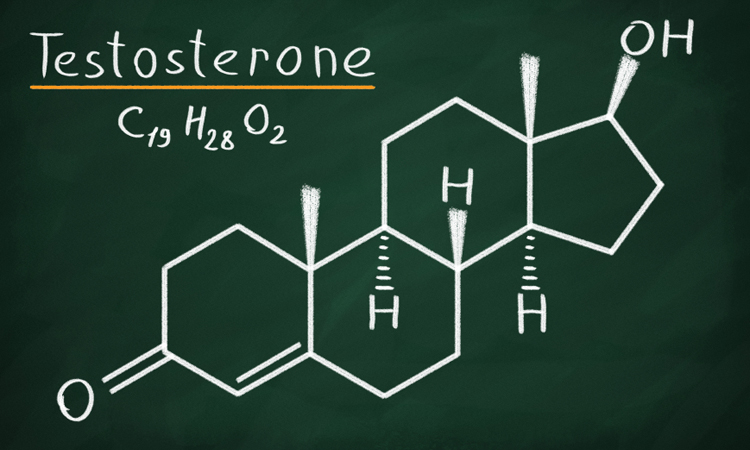
As the second most common cancer among men in the U.S., prostate cancer claimed about 29,720 lives in 2013. Although we don’t know the precise causes of prostate cancer, for years, a vast number of studies have pointed to testosterone as a cause; however, a newcomer on the scene has also been implicated as a possible contributor to prostate cancer—estrogen. In fact, testosterone-estrogen balance doesn’t only play a role prostate cancer but in other diseases too.
A Fine Balance
Before we dive into how these hormones influence health in men, let’s take a look at their basic functions in the body. Testosterone is responsible for distributing fat, regulating bone density, producing sperm, controlling libido, and maintaining muscle mass, among other things. A small quantity of testosterone is converted into estradiol (a form of estrogen) via the enzyme aromatase. However, numerous factors can disrupt the equilibrium between testosterone and estradiol. How? Well, aging, for one, contributes to the decline in the production of testosterone, which subsequently affects the production of estrogen. Diet, environmental factors, chemicals, lifestyle choices, and stress can also contribute to sex hormone imbalances in men.
Why is this balance important?
One may think that a decline in testosterone levels results in low sex drive. And while this may be true, low testosterone exposes men to a host of many other problems: studies have shown that low levels of testosterone or estrogen in men increase the risk for chronic conditions. In a study at Massachusetts General Hospital, researchers (1) suppressed the production of testosterone and estradiol in men, (2) administered a testosterone gel in varying amounts, and (3) blocked the production of estradiol in half of the study participants. The study showed that testosterone deficiency led to reductions in lean mass, muscle size, and muscle strength while estrogen deficiency accounted for fat increases. The findings show that estradiol deficiency, not testosterone, increases body fat, which is a known risk factor for chronic conditions such as heart disease and obesity.
In JAMA, a study examined the effect of estradiol levels in men with chronic heart failure (HF). The study shows that men with HF and either the lowest or highest levels of estradiol also had an increased risk for death.
Maintaining a Balance
First, ask your doctor to check your testosterone levels. While there’s a range, everyone’s normal is different. So speak with your physician first: fatigue, weight gain, and low libido may not be caused by a testosterone-estradiol imbalance. So don’t start taking supplements until you get your testosterone and estradiol levels measured.
Interestingly, natural foods help to maintain the testosterone-estradiol balance. For instance, indole-3-carbinol (I3C) is a phytochemical found in cruciferous vegetables like kale, cauliflower, or broccoli; this plant-based nutrient helps to lower estrogen levels. Also, foods that are high in omega-3 fats (e.g., nuts, cold-water fish) help to bolster testosterone levels. Eschew alcohol with the exception of red wine; it contains a potent antioxidant called resveratrol that has numerous health benefits that include blocking aromatase, which is the enzyme that controls estrogen production.
“Understanding Sex Hormones in Men” by Mitchell Gaynor, MD was originally published on Gaynor Wellness.com. To view the original article, click here.
Click here to find out about Rose’s thoughts on wellbeing and health


